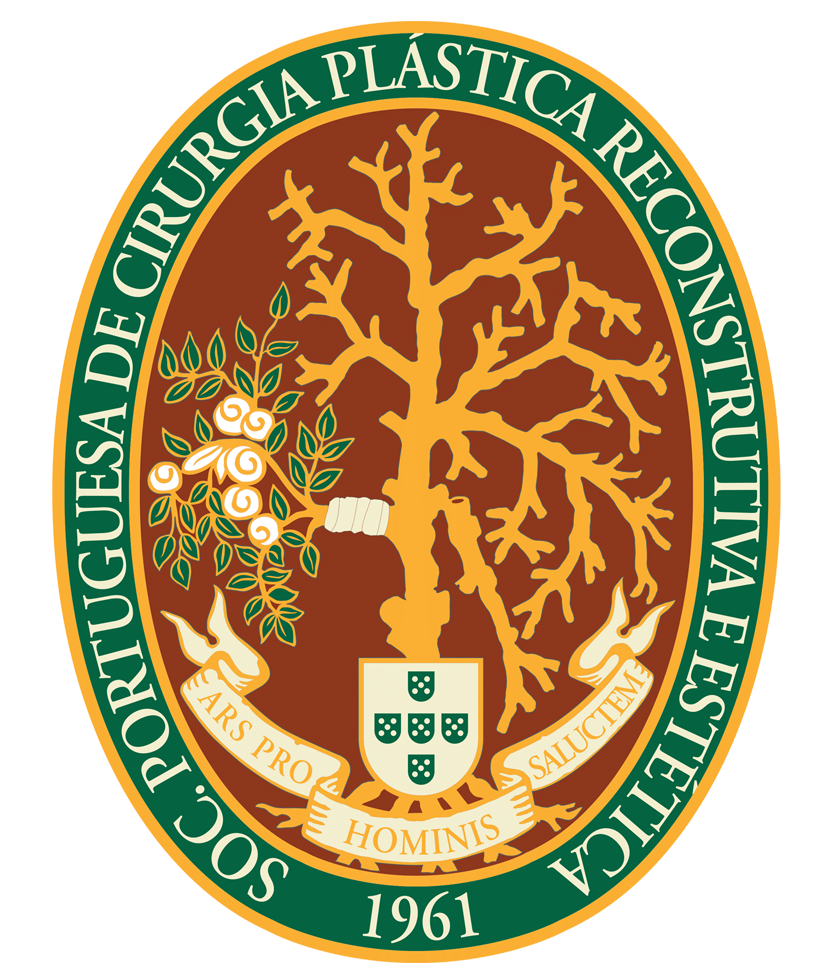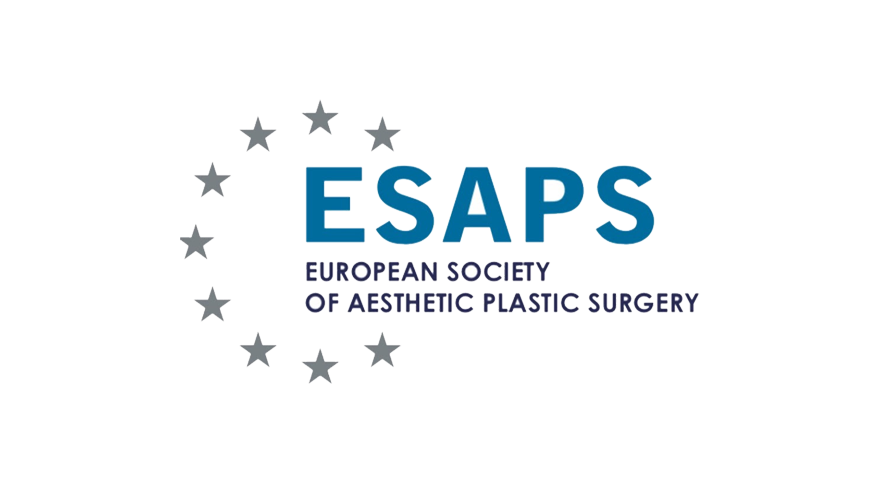The European Association of Societies for Aesthetic Plastic Surgery (EASAPS) representing the National Societies of Aesthetic Plastic Surgery understands the concerns as expressed by the research journalists in the implant files. Medical devices implanted into the human body can cause harm and suffering for patients and should be avoided at all time.
EASAPS and the other scientific communities in plastic surgery all over the world have been focusing on Breast Implant Associated Anaplastic Large Cell Lymphoma BIA-ALCL for over 5 years and recommend that decisions regarding implant surgery in general and breast implant surgery in particular to follow guidelines based on scientific evidence rather than emotions.
Looking at all scientific data on BIA-ALCL available as of december 2018, EASAPS comes to the following conclusions:
- BIA-ALCL is an extremely rare condition that is detectable and curable.
- BIA-ALCL seem to occur in women who at some point had a textured implant.
- Textured implants may still be indicated in both cosmetic and reconstructive cases in order to give the best possible results or the least overall risk of complications.
- Information on BIA-ALCL should be included in the preoperative information of any patient receiving a textured breast implant.
- No evidenced-based data suggest removal of any implants prophylactically.
- EASAPS has no data to support banning of any of the certified breast implants currently used in Europe.
- Patients with breast implants without any symptoms need to do nothing.
- Unexpected swelling of the breast or a lump in the breast need to be examined by your plastic surgeon or another medical doctor.
- Specific recommendations on the use of textured/smooth implants may vary between the different European countries based on their health authorities’ recommendations.
Plastic surgeons in charge of implant-based indications should follow national recommendations until international consensus is obtained and implemented.
22 European Aesthetic Plastic Surgery Societies of 20 countries that we were able to reach support these conclusions. International collaboration with other Societies and countries continues to stay up to date of the current scientific status of this disease and other diseases that might be related to breast implants. We will keep patients and our colleagues up to date.

